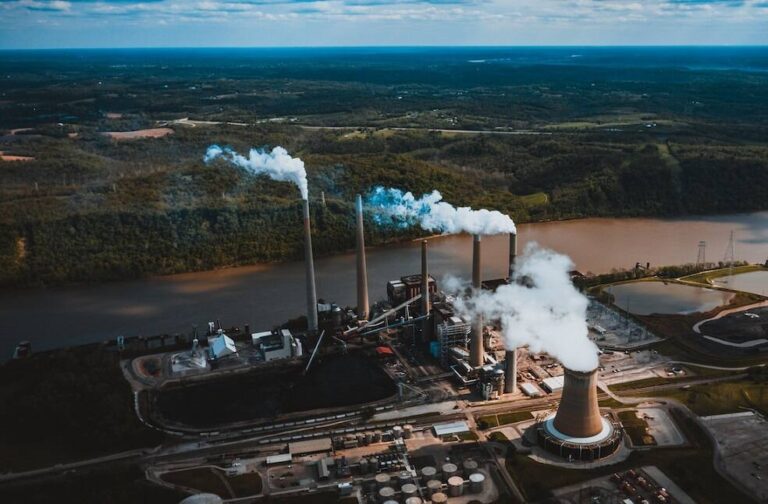London, UK: Scientists have issued a warning that greenhouse gas emissions have reached an all-time high, posing a significant threat of unprecedented global heating. A recent study published in the journal Earth System Science Data revealed that the world is rapidly depleting its “carbon budget,” the amount of carbon dioxide that can be released into the atmosphere while staying within the critical threshold of 1.5 degrees Celsius above pre-industrial temperatures.
Currently, only about 250 billion tonnes of carbon dioxide can be emitted to prevent a temperature rise of 1.5 degrees Celsius, a decrease from the previous estimate of 500 billion tonnes. At the current rate of greenhouse gas emissions, which stands at approximately 54 billion tonnes per year over the past decade, this carbon budget could be exhausted before the end of the decade.

Lead author of the study, Prof Piers Forster from the University of Leeds, emphasized the urgency of the situation, stating that the current decade is critical in terms of addressing climate change. Forster stressed the need for stronger action, as the rate of annual emissions increase has slowed but remains insufficient. Governments are gathering in Bonn to prepare for the upcoming United Nations climate summit, Cop28, scheduled for November in the United Arab Emirates.
However, concerns have been raised over the potential conflict of interest surrounding Sultan Al Jaber, the president-designate of Cop28, who also serves as the head of UAE’s national oil company. Activists are planning a protest against Al Jaber’s dual role, calling attention to the perceived conflict between promoting climate action and increasing oil and gas production.

To stay within the 1.5 degrees Celsius threshold, the annual rate of emissions decline must be much steeper than previously assumed. Urgent measures are needed, including potentially advancing the net-zero emissions target from around 2050 to 2035 or implementing more significant emission reductions by 2030. The international community must come together to address climate change collectively, as individual efforts are insufficient. The goal is to foster cooperation and find common solutions to drive the climate agenda forward at Cop28.



